Embracing Nature’s Sleep Aid
For those who struggle with insomnia, finding a peaceful night’s rest can be an elusive and frustrating pursuit. Tossing and turning, counting sheep, and desperately trying to quiet the mind – these are all too familiar experiences for many. However, an unconventional yet promising solution has emerged from the natural world: cannabis. Join us as we explore how this remarkable plant can potentially alleviate insomnia and help you reclaim your restful slumber.
Understanding Cannabis and Its Effects on Sleep
Cannabis, a complex and multifaceted plant, contains a myriad of compounds known as cannabinoids. Among these, two stand out: THC (tetrahydrocannabinol) and CBD (cannabidiol). These compounds interact with the human body’s endocannabinoid system, a network of receptors responsible for regulating various physiological processes, including sleep.
THC, the primary psychoactive compound in cannabis, is renowned for its ability to induce a sense of relaxation and sedation. By interacting with specific receptors in the brain, THC can help reduce the time it takes to fall asleep, making it a potential ally for those struggling with insomnia.
On the other hand, CBD, a non-psychoactive compound, has gained recognition for its potential to improve sleep quality. While it doesn’t directly induce sleepiness, CBD may promote a sense of calm and alleviate anxiety, two common contributors to insomnia.
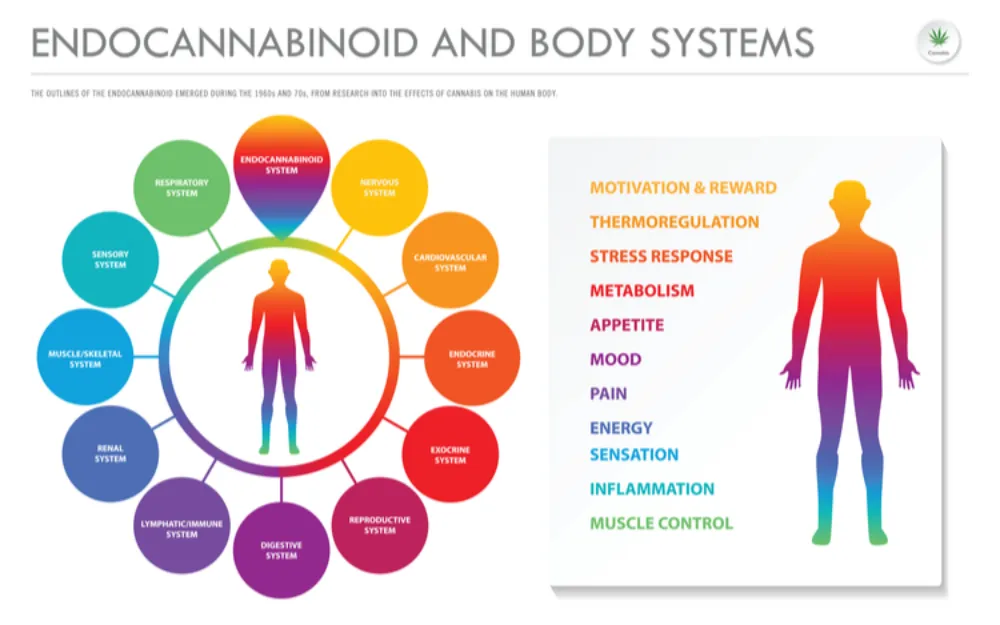
Combating Insomnia with Cannabis
Insomnia can have a profound impact on overall well-being, affecting everything from mood and cognitive function to physical health and productivity. For those seeking a natural and potentially effective solution, cannabis presents an intriguing option.
By incorporating cannabis into your sleep routine, you may experience a range of benefits, including:
- Faster Sleep Onset: THC’s sedative effects can help you fall asleep more quickly, reducing the frustration of lying awake for hours.
- Improved Sleep Quality: CBD may promote deeper, more restorative sleep by reducing sleep disruptions and promoting overall relaxation.
- Reduced Anxiety and Stress: Both THC and CBD have been shown to alleviate anxiety and stress, two common culprits behind insomnia.
- Natural and Non-Habit-Forming: Unlike many prescription sleep aids, cannabis is a natural, plant-based option with a lower risk of dependence or adverse side effects.
Exploring Cannabis Consumption Methods
If you’re considering incorporating cannabis into your sleep routine, it’s essential to understand the various consumption methods available. Each method offers unique benefits and considerations:
Cannabis-Infused Edibles or Tinctures
Edibles and tinctures provide a discreet and convenient way to consume cannabis. However, the effects can take longer to onset (typically 30-90 minutes) and may last longer than other methods.
Vaporizing or Smoking
Vaporizing or smoking cannabis can provide more immediate relief from insomnia, as the effects are typically felt within 5-10 minutes. However, the duration of effects may be shorter, and smoking can pose respiratory risks.
Topical Applications
For those seeking localized relief from muscle tension or joint pain, which can contribute to insomnia, topical cannabis products may offer a targeted solution.

Finding Balance and Responsible Use
While cannabis holds promise as a natural sleep aid, it’s essential to approach its use with caution and responsibility. It’s crucial to consult with a healthcare professional, especially if you have any underlying medical conditions or are taking other medications.
Additionally, it’s important to start with low doses and gradually increase as needed, as individual responses to cannabis can vary greatly. Finding the right balance and avoiding overconsumption is key to achieving the desired effects without adverse consequences.
At reputable cannabis social clubs like Merbella in Spain, knowledgeable staff can guide you through the process of responsibly incorporating cannabis into your life, ensuring a safe and enjoyable experience.
Summary
In the quest for restful slumber, cannabis presents an intriguing and natural option for those struggling with insomnia. By harnessing the unique properties of compounds like THC and CBD, cannabis may help reduce the time it takes to fall asleep, improve sleep quality, and alleviate anxiety and stress – all common contributors to insomnia.
However, it’s essential to approach cannabis use with caution and responsibility, seeking guidance from healthcare professionals and reputable sources. By finding the right balance and consumption method, you may unlock the potential of this remarkable plant to help you reclaim your peaceful nights and wake up refreshed.
Have you tried using cannabis to combat insomnia? What has been your experience? We’d love to hear your thoughts, insights, and personal stories in the comments below. By sharing our collective knowledge and experiences, we can continue to explore the fascinating world of cannabis and its potential as a natural sleep aid.

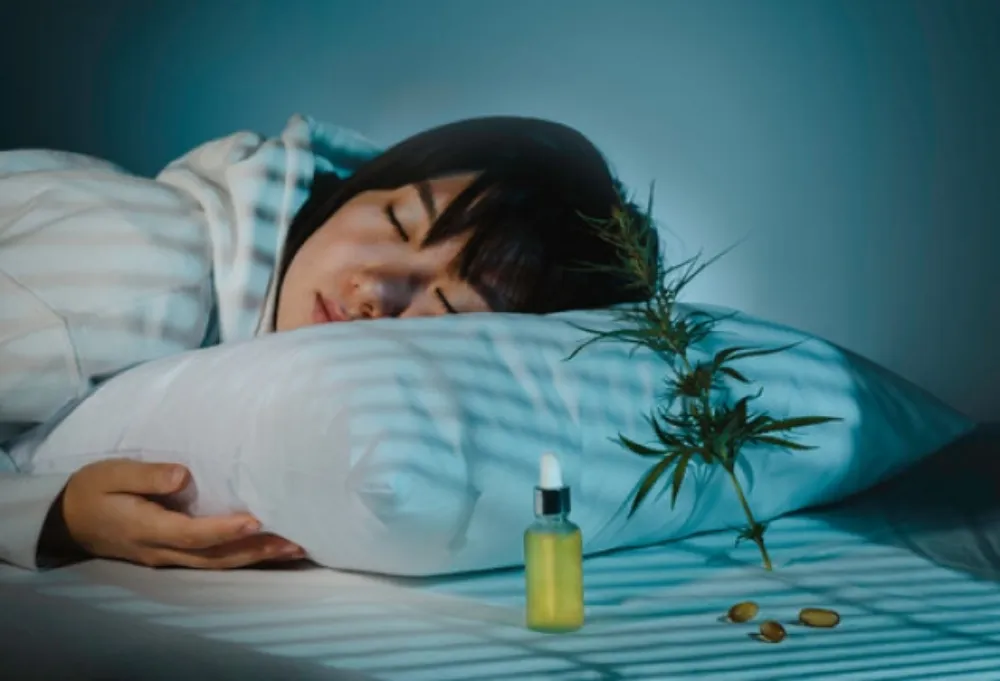



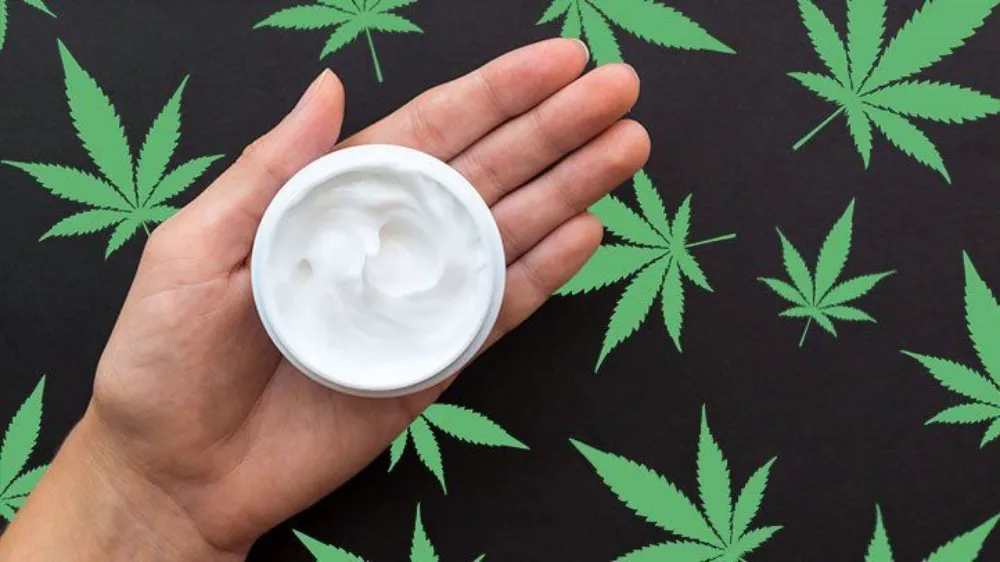
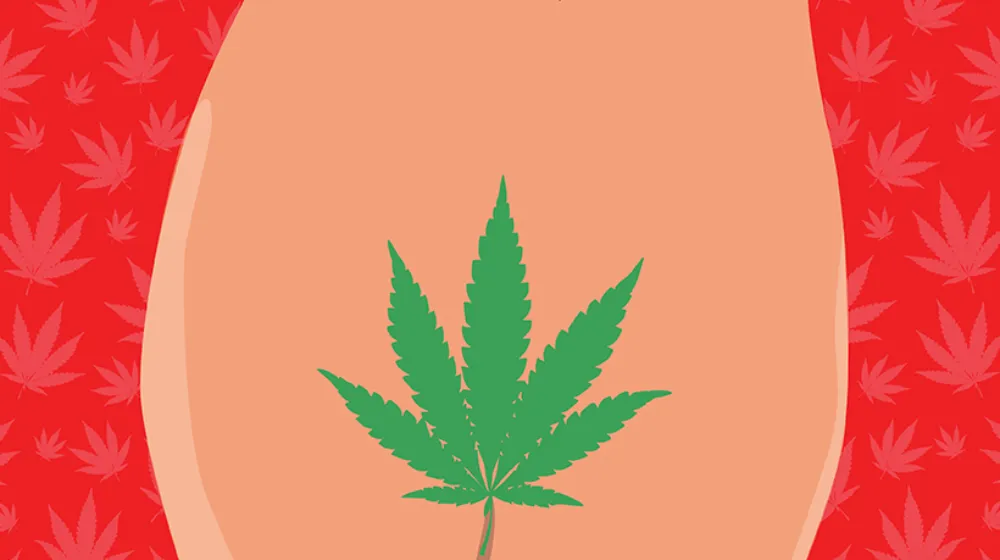


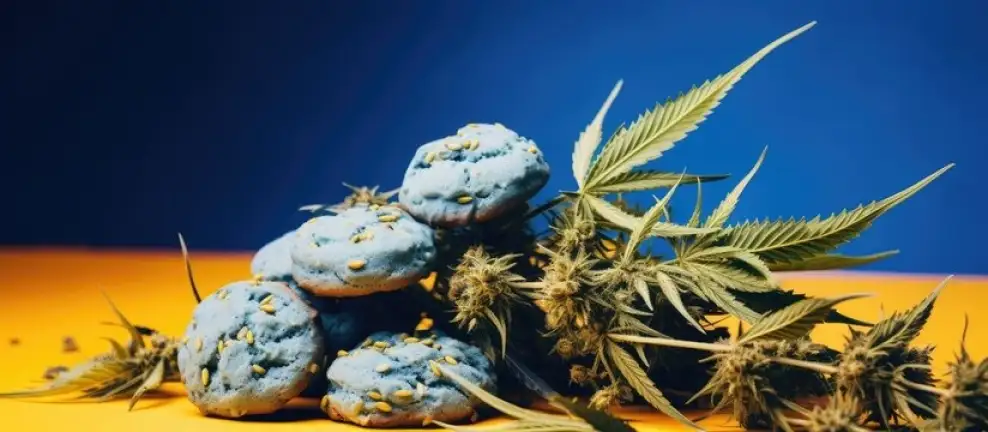

0 Comments